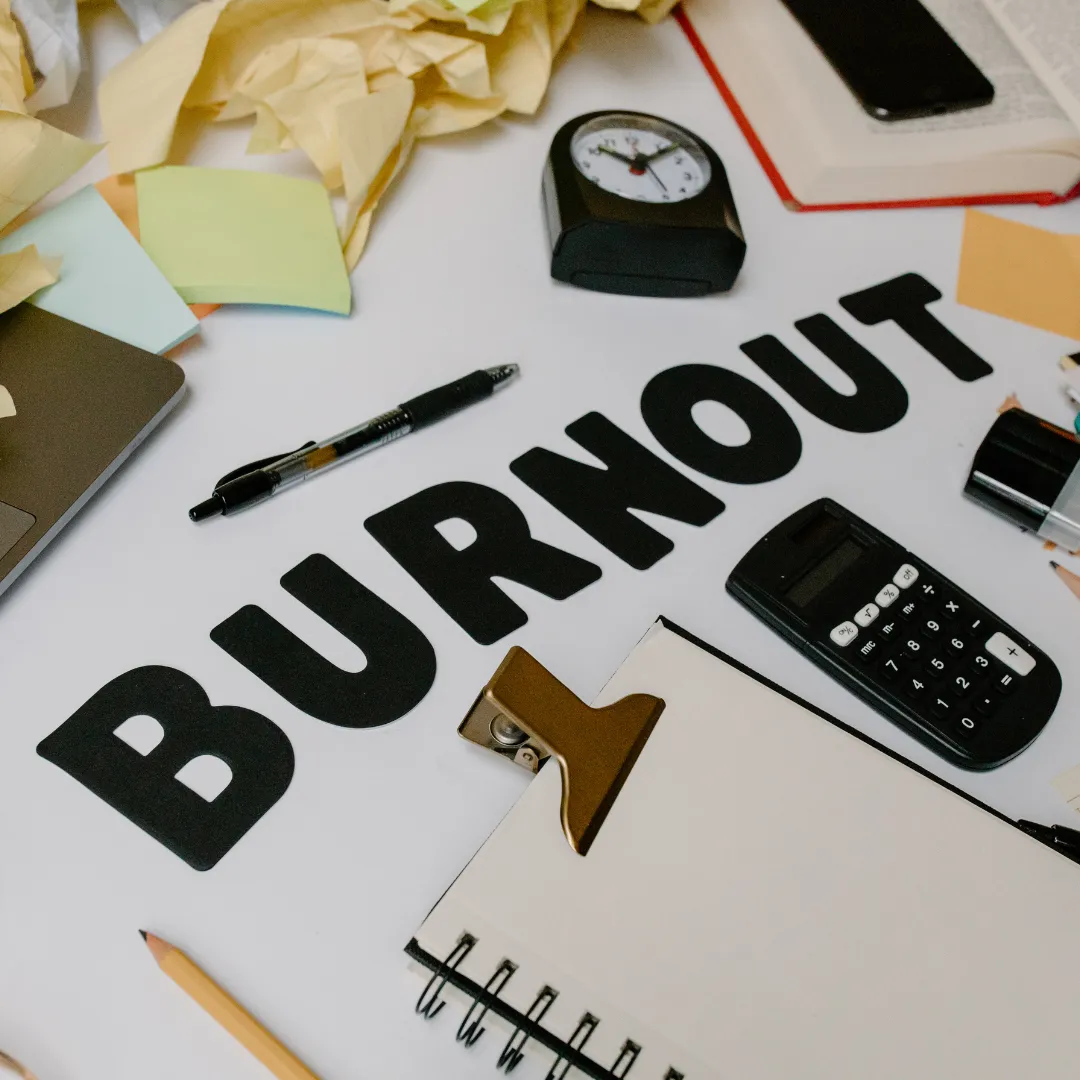
Is Stressing Raising Your Blood Pressure
How Stress Affects Your Blood Pressure
We all feel stress sometimes, at work, at home, or even just running errands.
But did you know that stress can quietly affect your body in ways you might not notice?
One of the most common effects is a rise in blood pressure, that is the force of blood moving through your arteries.
High blood pressure (also called hypertension) is a serious health issue that can lead to heart problems or stroke if left untreated.
This blog explores how stress raises your blood pressure, even when you are not aware of it, and why it is important to check your blood pressure both at home and at the doctor’s office.
Stress Can Quietly Raise Your Blood Pressure
When you feel stressed, like during a busy day, an argument, or even running late, your brain tells your body to go into “alert” mode.
This triggers your nervous system and hormones to prepare for a challenge (often called the “fight or flight” response).
Your heart starts beating faster, and your blood pressure goes up to pump more blood to your muscles and brain.
This reaction is normal and helpful in short bursts, but if it happens too often, it puts pressure on your heart and blood vessels.
Over time, constant stress can lead to long-lasting high blood pressure, even when you don’t feel stressed.

Not All High Blood Pressure Happens at the Doctor’s Office
Some people feel nervous during doctor visits; this can cause their blood pressure to spike. This is called “white-coat hypertension. It means their blood pressure is high at the clinic, but normal at home.
Others may have the opposite issue; their blood pressure looks normal in the clinic but rises at home or work. This is known as “masked hypertension.”
These patterns can make it harder to detect and treat high blood pressure properly.
That is why it is helpful to measure your blood pressure at different times and places, not just during appointments.
Both white-coat and masked hypertension are linked to higher risks for heart disease if ignored, even though they are easy to miss.
Work Stress Is a Big Factor
Many people feel pressure at work, from long hours, deadlines, difficult tasks, or feeling like they don’t have control over their schedule.
This kind of chronic stress can raise your blood pressure while you are working, even if it seems like you are managing.
Research shows that people with high-stress jobs often have higher blood pressure during the day, especially if they also feel unsupported or unrewarded.
Over time, this can lead to something called “masked hypertension,” where your blood pressure looks fine at the doctor’s office but is high during your workday.
Women, especially those juggling work and family duties, may be more sensitive to this kind of stress-related blood pressure increase.
That is why checking your blood pressure outside of work hours like at home or on weekends may not give the full picture.

Home Life Can Also Be Stressful
Stress doesn’t only come from work, home life can be just as demanding, especially for people caring for family members.
Caregiving, such as looking after an elderly parent or a partner with health problems, can be both rewarding and exhausting.
Studies show that caregivers often have higher blood pressure than people who aren’t in a caregiving role.
This kind of home stress can quietly affect your health, especially when it builds up over months or years.
Returning home after work may lower blood pressure for some but for caregivers, it might do the opposite.
Managing this stress is important not only for mental well-being but also for heart health and long-term blood pressure control.
Why It’s Important to Measure Blood Pressure Outside the Clinic
A single reading at the doctor’s office doesn’t always show your true blood pressure.
Some people may have high readings only during appointments (white-coat hypertension), while others may have high readings only at home or work (masked hypertension).
That’s why doctors now recommend checking blood pressure at different times of day, including at home, work, and during rest.
Using a home blood pressure monitor or wearable device can help track patterns over time.
These patterns help doctors give more accurate treatment and catch problems early even before you feel symptoms.

Take Charge of Your Blood Pressure — One Step at a Time
Stress is part of life, but it shouldn't be a silent threat to your health.
Whether it’s work, home, or even a doctor’s visit, stress can raise your blood pressure, sometimes without you even knowing it.
The good news? By checking your blood pressure regularly and understanding how stress affects you, you can take control.
Talk to your doctor about checking your blood pressure at home or at work, it could make a big difference in your heart health.
Take action today: If you have a home blood pressure monitor, try using it for a few days at different times. Keep a record and share it with your doctor!